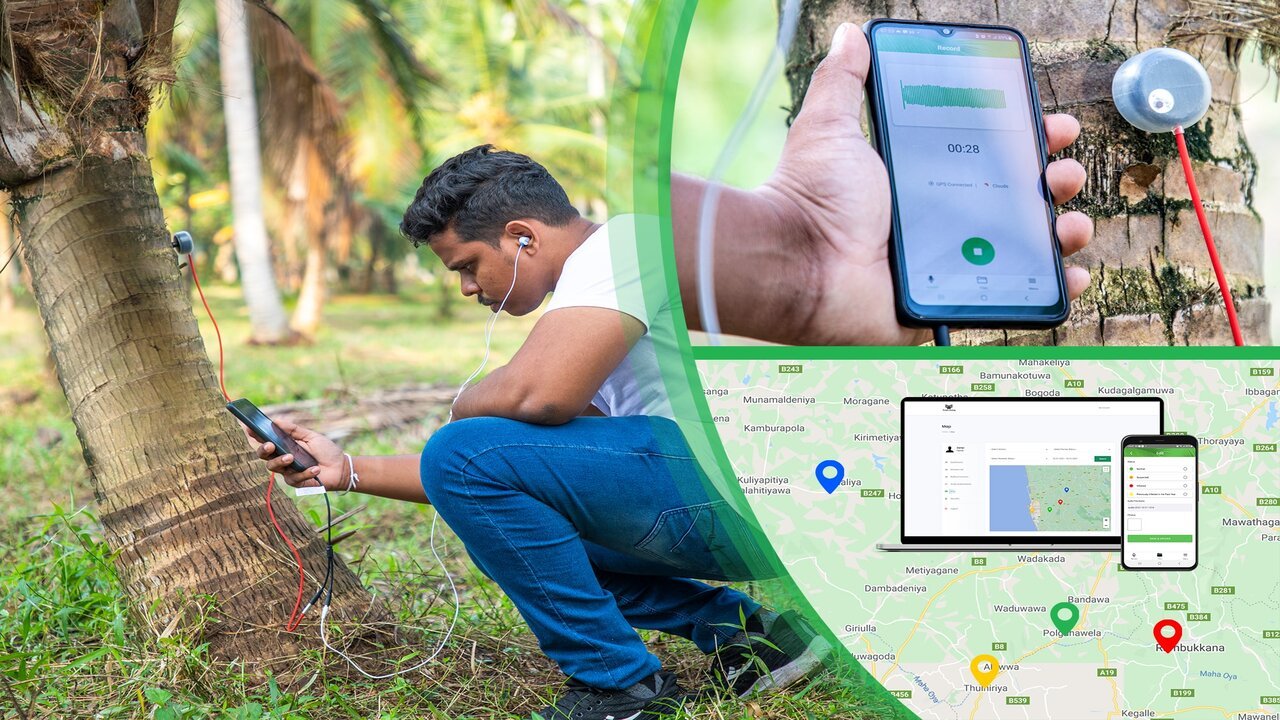Today agtech company Permia Sensing announces £250,000 in a pre-seed round led by early-stage focused venture capital firm Jenson Funding Partners. While the round is considerably smaller than some we cover at Tech.eu, there are a lot of reasons why this company should be on your radar.
Permia Sensing is a spinoff of Imperial College, London. It is developing precision farming techniques that transform palm plantation farming practices and help reduce unsustainable farming practices.
The problem of unsustainable palm production
Historically, the growth of palm plantations and the use of palm oil is highly problematic from an environmental standpoint.
It's linked to illegal growth in wild forests, deforestation and displacement of endangered species, and forced slavery.
But palm plantations play a significant role in global agriculture as they produce oil, coconuts, and dates.
Palm oil is used in 50% of all packaged goods in the US and other regions, from cosmetics to furniture and clothing. It is a highly efficient crop – producing 40% of total vegetable oil production whilst using 6% of land.
Facilitating a better way
Permia Sensing helps incentivise sustainable palm farming practices, helping farmers grow greater, healthier yields using less land. This helps lead to industry change.
Currently, palm plantations only use half of their potential yield due to factors such as lack of nutrients, drought or disease, palm plantations, on average, produce just half of their potential yield.
The company has developed an acoustic sensor at Imperial College that uses AI and robotics to detect red palm weevil, a harmful pest for coconut palm trees that is known to damage an estimated 10 percent of the coconut yield globally.
The acoustic sensor, which has 97 percent accuracy, also monitors tree health for nutrient and irrigation levels.
The sensor data is utilised alongside imagery and Permia Sensing's AI-powered platform to help growers analyse tree-level data across an ntire palm plantation and suggest ways to improve yields.

According to Efrem de Paiva, CEO of Permia Sensing:
"Much research has shown us that we are not working palm plantations in the most effective way possible, particularly when we consider just how much palm is required for global use… We hope to help farmers globally generate the most sustainable yield from the healthiest trees. By minimising some required input we can reduce CO2 emissions, not to mention the social impact of generating more income within the supply chain."
The company is currently piloting its solutions in corporate plantations in Sri Lanka.
Permia Sensing will use the funding to continue its mission to change the way palm plantations are managed via the use of its monitoring technologies and robotics.
Lead image: Permia Sensing.



Would you like to write the first comment?
Login to post comments